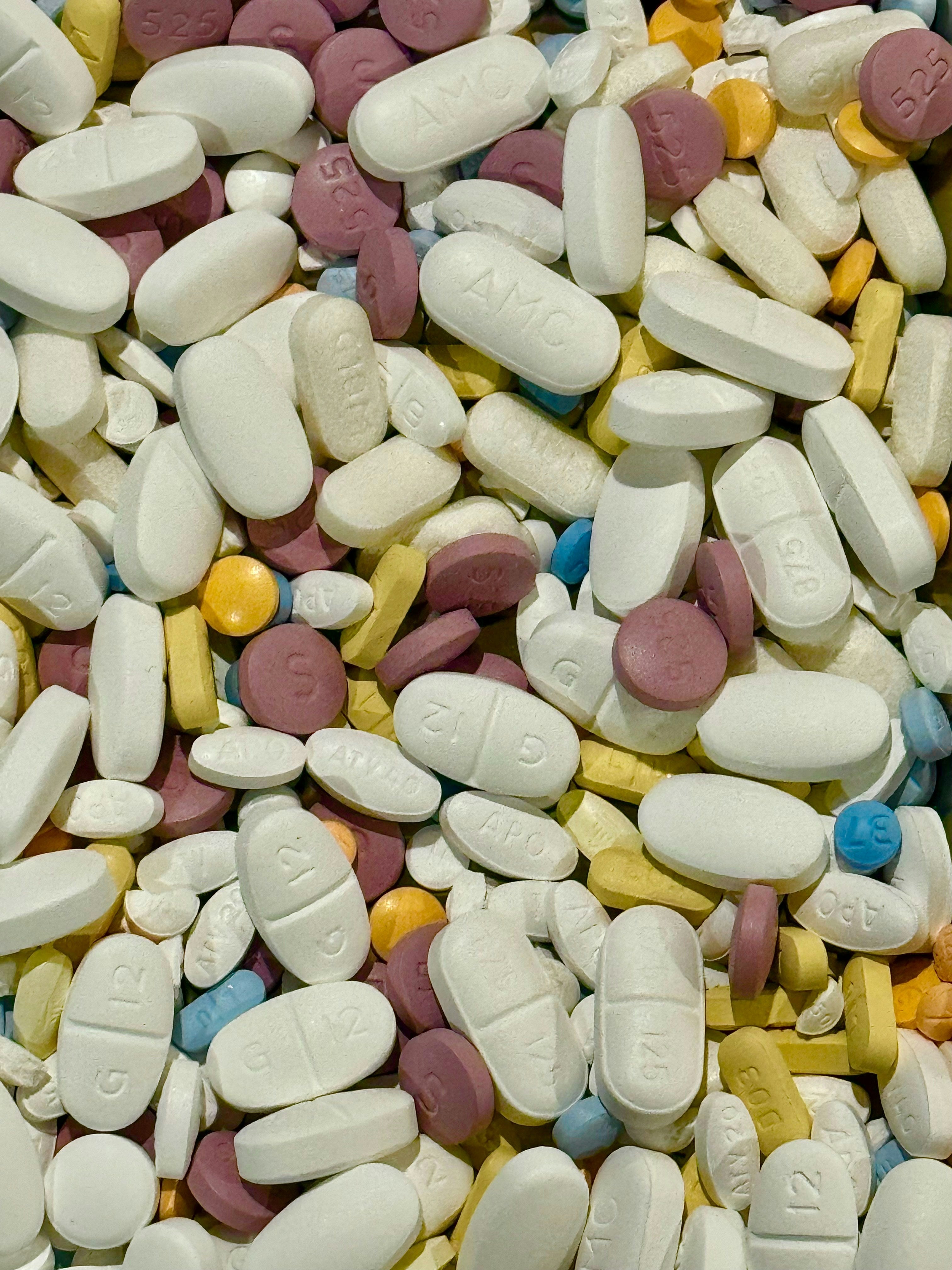You’re wheezing, sneezing, coughing and blowing your nose. You’re miserable because it’s “allergy season.” Although you can have a hyper immune reaction to environmental factors at any given time, Spring seems the worst because of trees, grasses, pollen, and flowering plants. We want to spend time outdoors, but every hour is a battle between us and our allergies. You may be tempted to take medications when you are suffering from allergies. Doctors aren’t always forthcoming about the potential side effects of these symptom relievers, and let’s face it, how many of us really read all that small print that comes from the pharmacy? There are several classes of medications for allergy symptoms, but NONE of them treats the root causes of a hyper-histamine response due to systemic inflammation, leaky gut, insufficient diamine oxidase, and HPA axis dysfunction.
Inhaled steroids and nasal sprays decrease inflammation in the nasal passages and lungs. They do this with cortisol—yep, that cortisol! The same chemical that is produced in your adrenal glands. It’s a stress hormone. And while it may be able to give you superhuman strength in the moment (or shrink your swollen nasal passages), it carries a big price. In the short term, it can cause an unpleasant taste that lingers, nasal irritation, and nosebleeds. Remember that one of the many jobs of mucus is to coat and protect mucosal tissues that are open to the elements. These include ears, nose, and throat. A few years ago, the magazine, Psychology Today had this truth on its cover: “Cortisol: Public Enemy #1.” Yes, that’s how dangerous it is to be under the influence of large amounts of cortisol. It oxidizes (“rusts”) the body from the inside out. If the body doesn’t resolve from the flood of stress hormones (corticosteroids), it will hit “the tipping point” or allostatic load where it cannot return anymore to homeostasis—setting you up for autoimmune disease or cancer.
Anti-histamines are the class of medication most often taken to treat allergy symptoms. They work by blocking the release of histamine from allergy cells all throughout the body. Histamine, if you remember is a “frenemy” because it is a necessary and important tool to remove hazardous materials from the body, but it becomes a nuisance when it triggers the body to overproduce mucous. This overproduction leads to congestion, runny nose and eyes, and other annoying allergy symptoms. The side effects of antihistamines include dry mouth, blurred vision, difficulty urinating, headache and fatigue. Dry mouth may seem merely an annoyance, but without sufficient saliva, you are at a higher risk for cavities. Saliva also helps you swallow your food, and it contains enzymes that help digest carbs and sugars. None of this protection happens when you have a dry mouth. Eventually, dry mouth can lead to gum disease, mouth sores, yeast infection, cracked lips, and inadequate nutrition due to lack of digestive enzymes. Antihistamines come in the form of nasal sprays, pills or tablets, eye drops, syrups, and skin creams like hydrocortisone cream.
Decongestants work to relieve nasal and sinus congestion from colds, allergies, sinus infections, or other respiratory conditions. They work by narrowing blood vessels in the nasal passages, reducing swelling and inflammation. They come in liquid, pills, and nasal sprays. The National Health Service Corp advises certain people to avoid this class of symptom mediators (Remember: allergy medicines don’t cure allergies. They merely help suppress one or more of the symptoms). If you have blood pressure or diabetes, you shouldn’t take decongestants. Children under the age of six should not take them. Children ages six to eleven should not use them for any more than five days. They cause drowsiness, nausea, headaches, dry mouth, and restlessness.
Immunotherapy attempts to train the body’s immune system NOT to react to certain allergens. Immunotherapy is expensive, time consuming, and must be carefully timed and monitored while exposure to allergens is slowly increased. This treatment for allergy comes in the form of shots—usually given once to twice every week for years. Side effects include irritation at the shot site, and increased allergy symptoms like sneezing, congestion, hives, and irritated eyes. Sometimes, allergy shots can cause anaphylaxis, a life-threatening allergic reaction which usually occurs within a few seconds or minutes of exposure to an allergen. Sometimes anaphylaxis ends in shock and death.
As annoying as they can be, allergic responses are a part of your amazing immune system that is constantly trying to save you from hostile invaders and disease. Allergies are NOT a disease. They are a systemic, inflammatory reaction from the immune system. Although you may be tempted to medicate the symptoms away, think of the short-term and long-term consequences. There are more effective ways to get the happy and healthy life you deserve!

